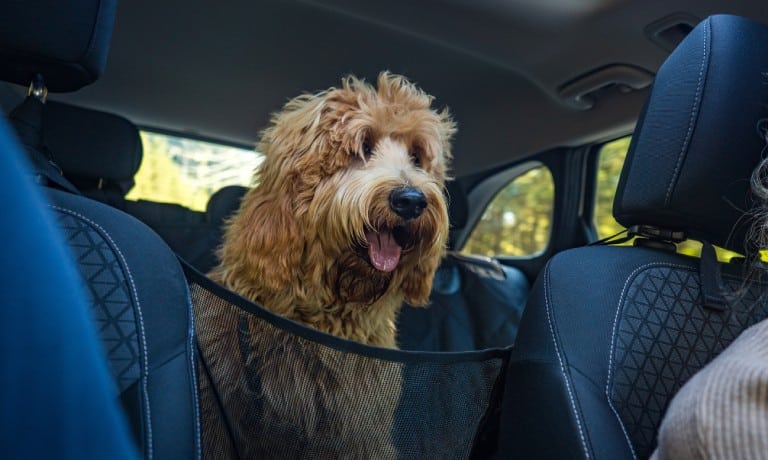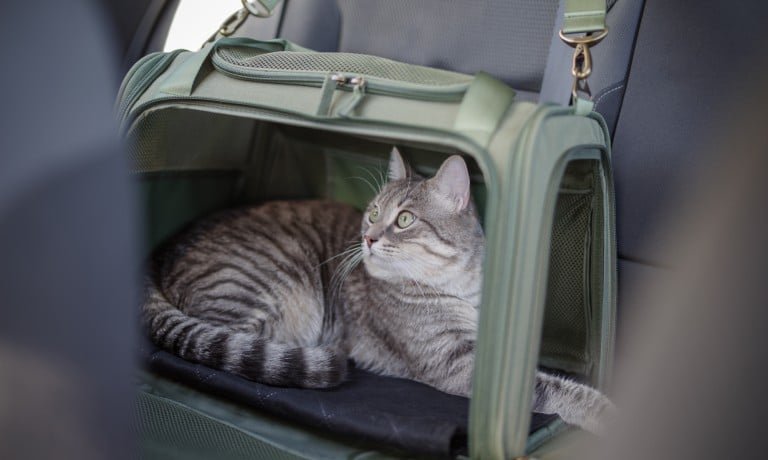
Ever wonder if your pet has a sixth sense about vet visits? Many pet owners feel their furry friends can predict when it’s time for the dreaded car ride. How pets seem to know when they’re going to the vet is a fascinating question, and the answer is a blend of animal instincts and behavioral cues. Understanding why they react the way they do can help you create calmer, happier trips.
Picking Up on Your Behavior
Pets are experts at reading their owners. You might not realize it, but small changes in your routine can tip them off. Grabbing their carrier, putting on shoes at an unusual time, or your tone of voice may all signal that something out of the ordinary is happening. Over time, they associate these moments with vet visits, leading to anxiety before you even leave the house.
Sights and Smells of the Vet
Stepping into the vet’s office can be an overwhelming sensory experience for pets. Dogs and cats have a powerful sense of smell, and they can detect unfamiliar or unpleasant odors like antiseptics. Even before they enter, the sight of the building might trigger memories of past visits, causing them to get upset or shut down. One of the best ways to combat this is to bring your pet on “happy visits,” wherein they go to the vet only to receive a quick treat and some love from staff, then go home. Not every visit has to be scary!

Stressful Car Rides
Hitting the road isn’t always relaxing for pets. The car, though familiar, can be uncomfortable for them during vet visits. Alongside the strange sounds of traffic and constant movement, the temperature in your vehicle can also contribute to their stress in the backseat. The car’s air conditioning may not reach the back as well, and being restricted in a carrier can further contribute to their discomfort. If you live in a hot area, you may want to use window tinting to protect your vehicle’s interior from extreme heat and make these trips easier on your pet.
Handling Their Anxiety
Helping your pet feel at ease requires patience and preparation. Rewarding them with treats or toys during vet trips can create positive associations. Bringing a familiar blanket for comfort or playing calming tunes in the car may help, too. For pets with severe anxiety, consulting the veterinarian for additional strategies or medications could make visits more manageable.
Decoding Their Awareness
It’s clear that dogs and cats have a keen ability to detect changes, especially when it comes to vet visits. Small actions on your part, combined with past experiences, may explain how pets seem to know when they’re going to the vet. By noticing their triggers and working to reduce their stress, you can make these trips less nerve-wracking for both of you.




